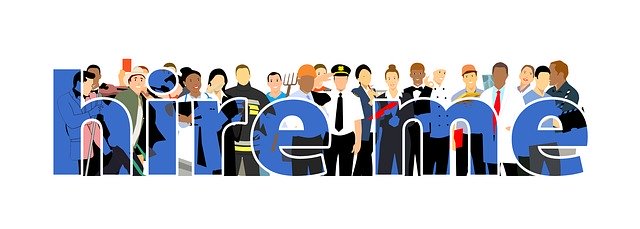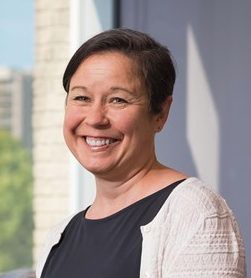Editor’s note
 Hello, readers. My name is Lindsay Purchase, and I’m excited to share with you my first Careering issue as CERIC’s new Content & Communications Editor. While you will continue to find the thought-provoking, informative articles that make Careering a must-read, you may also notice some new features (check out our infographic) and design shifts going forward as we continue to look for ways to serve you better. Inside our Navigating Mental Health and Disability issue, you will find themes of resilience, shifting perspectives and support networks; these have resonated with me as I have navigated my own career transition, and I hope they will for you as well.
Hello, readers. My name is Lindsay Purchase, and I’m excited to share with you my first Careering issue as CERIC’s new Content & Communications Editor. While you will continue to find the thought-provoking, informative articles that make Careering a must-read, you may also notice some new features (check out our infographic) and design shifts going forward as we continue to look for ways to serve you better. Inside our Navigating Mental Health and Disability issue, you will find themes of resilience, shifting perspectives and support networks; these have resonated with me as I have navigated my own career transition, and I hope they will for you as well.
As a society, we have a growing awareness of mental-health issues. We are becoming more accepting of physical and mental differences in the workplace. And yet, we have a long way to go in tearing down barriers to work for people living with disabilities or mental illness.
With one-third of Canadians experiencing a mental illness in their lifetime (Public Health Agency of Canada) and 3.6 million Canadians projected to be living with a physical disability by 2030 (Conference Board of Canada), professionals working in career development have an important role to play. How do resilience and wellness factor into career development? How can workplaces, schools and career development practitioners better support people with disabilities? In this issue, we explore these questions and many more.
First, Dr Marie-Helene Pelletier outlines the barriers people on leave due to mental-health issues can encounter upon their return to work. Then, Mary Ann Baynton explains how jobseekers can build resilience to more effectively handle the challenges of career transition.
We are also launching our new Client Side feature, in which a jobseeker reflects on successes and struggles in their career development. Here, Rebecca McMurrer shares her journey to finding meaningful employment in nursing after being diagnosed with a progressive condition that caused her mobility to deteriorate.
Also, in this issue’s Case Study, Teresa Francis shares her experience of helping a successful stage actor find confidence in his strengths to start a new phase of his career.
If you have feedback on our print articles or our web exclusives, or if you have ideas about how we can make Careering even better, I would love to hear from you. Have an article idea for our next issue? Take a peek at our upcoming theme and view our submission guidelines at contactpoint.ca/careering. Happy reading!













